
by plant4health | Sep 17, 2015 | cancer, Healing, Nutrition, Plant-based, Recipes, Vegan, WFPB, Whole food, Whole food, plant-based
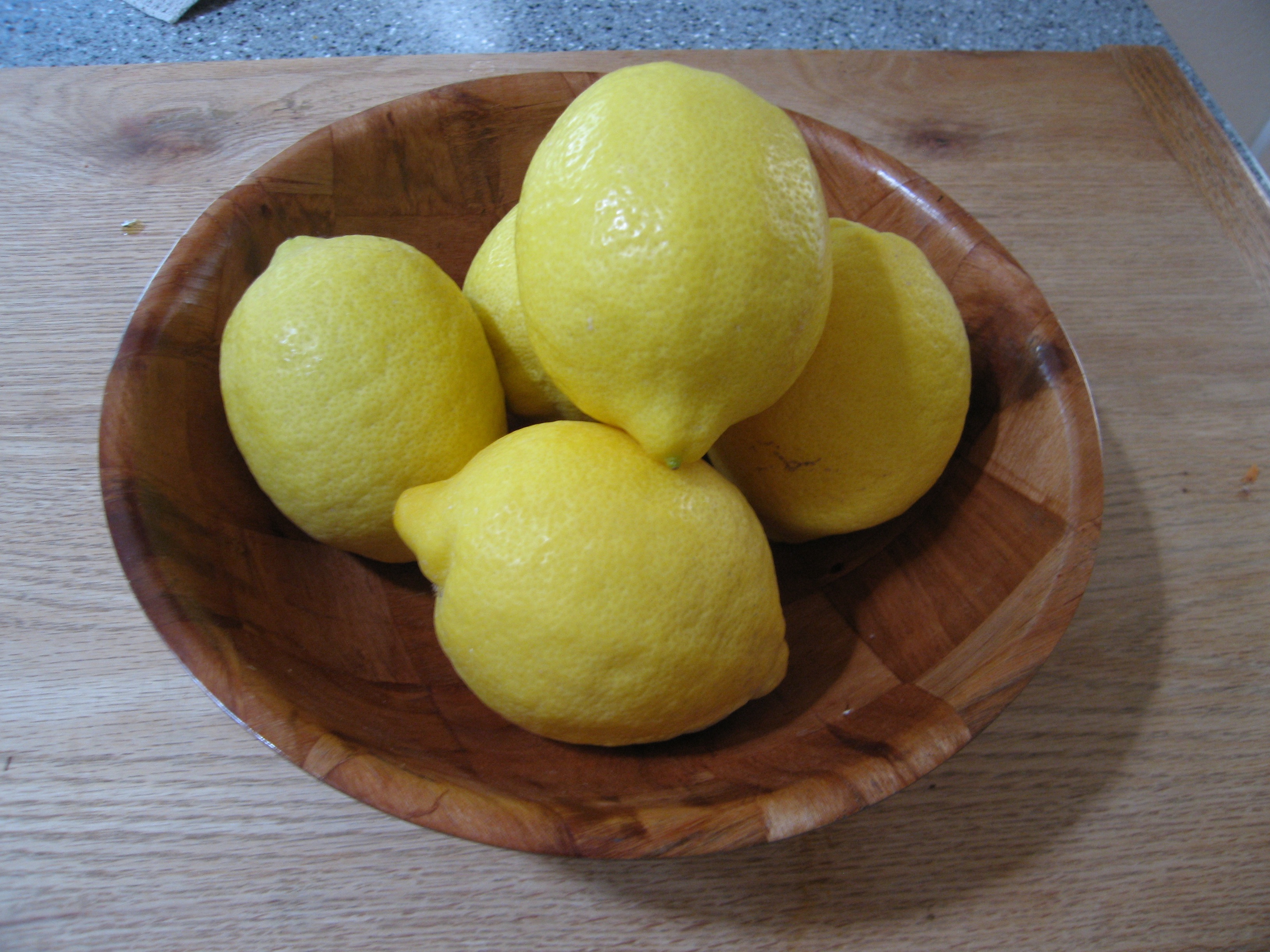 Last month, I wrote about food synergy, how healing through food is not about obtaining large amounts of any single nutrient, but how whole plant-based foods provides a complex mix of nutrients that work together synergistically within your body to create powerful health benefits we have yet to understand. My next series of blogs are going to take this concept one step further by looking at how specific food combinations enhance the nutrient potency of your meal and the bioavailability of those nutrients.
Last month, I wrote about food synergy, how healing through food is not about obtaining large amounts of any single nutrient, but how whole plant-based foods provides a complex mix of nutrients that work together synergistically within your body to create powerful health benefits we have yet to understand. My next series of blogs are going to take this concept one step further by looking at how specific food combinations enhance the nutrient potency of your meal and the bioavailability of those nutrients.
Today, I’m going to focus on lemons. On their own, lemons contain many nutrients that boost the immune system and fight infection: citric acid, calcium, magnesium, Vitamin C, bioflavonoids, pectin, and limonene. They provide strong antibacterial and antiviral properties, as well as act as a digestive aid and liver cleanser. Lemons are also alkaline which helps balance your body’s pH, protecting you from inflammation and disease. When eaten with specific other foods, lemons are a wonderful example of food synergy as they enhance nutrient absorption and potency. Take a look at these powerful food combinations: (more…)

by plant4health | Aug 20, 2015 | cancer, Healing, Nutrition, Plant-based, Vegan, WFPB, Whole food
 Food Synergy describes the way whole food, when consumed, provides a complex mixture of nutrients that work together in combination with your body to create powerful health benefits.
Food Synergy describes the way whole food, when consumed, provides a complex mixture of nutrients that work together in combination with your body to create powerful health benefits.
I’ve been learning a lot about the important role food synergy plays in our health. We’ve been taught that healthy eating is an easily solved mathematical calculation – simply consume the amount of nutrients based on the FDA’s % of Daily Value. If you prefer to eat foods void in nutrients (such as processed foods) or you dislike veggies, simply take a vitamin. Nutrition has become ‘medicalized’ as we reach for that perfect supplement to “cure what ails you”. The truth is, that’s not enough.
Here’s the problem with the “pill popping” kind of thinking: (more…)
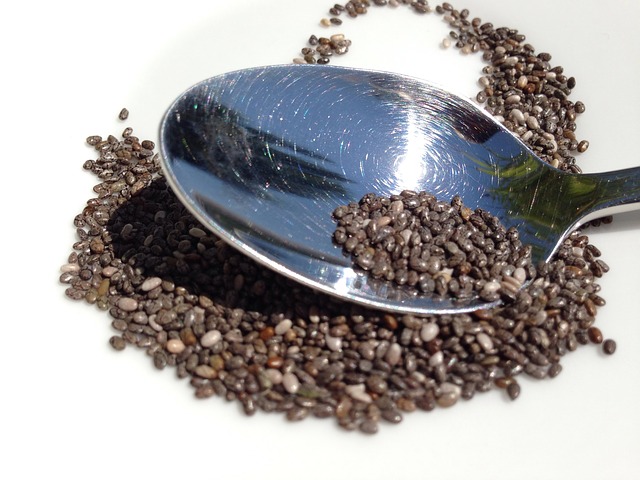
by plant4health | Aug 6, 2015 | cancer, Healing, Plant-based, Recipes, Vegan, WFPB, Whole food, Whole food, plant-based
 Chia seeds have become a trendy health food, but are they really worth the expense? A 12 oz. bag ranges from $8 to $11. This cost can put a lot of stress on the food budget.
Chia seeds have become a trendy health food, but are they really worth the expense? A 12 oz. bag ranges from $8 to $11. This cost can put a lot of stress on the food budget.
Chia seeds are tiny brown black seeds, about the size of poppy seeds. The chia plant is from the mint family, native to the deserts of Central America and Mexico. They have been a dietary staple for the Aztec and Mayans, most commonly used as an energy and hydration food for their warriors as well as a medicinal for joint and skin complaints.
Today, chia seeds are promoted as a superfood, having been proven to provide the following health benefits:
Aids in the elimination of carcinogens – Chia seeds are loaded with fiber. Eating enough fiber is extremely important as it aids in removing harmful carcinogens through the digestive tract. When in contact with liquid, the seeds expand forming a gel that adds bulk to your stools, preventing constipation by keeping your bowel movements regular. (more…)
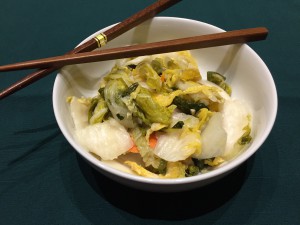
by plant4health | Jul 30, 2015 | Nutrition, Plant-based, Vegan, WFPB, Whole food
Humans have been fermenting foods for thousands of years as a means to preserve food, enhance its flavor or to make alcoholic beverages. Many types of plant foods can be fermented, including:
- Soybeans: soy sauce, miso and tempeh
- Grains: beer, bread made with yeast, whisky, vodka
- Vegetables: kimchi, sauerkraut, beets, carrots and more…
- Fruits: wine, vinegar, cider, brandy
- Tea: kombucha
Even chocolate is fermented! The cacoa seeds are fermented to develop flavor and reduce bitterness.
Fermentation is a metabolic process in which sugars are converted to acids, gases or alcohol via yeast or bacteria. In lacto-fermentation, lactobacillales, a bacteria found in plants and animals, converts sugars into lactic acid. This acid inhibits the growth of harmful bacteria, therefore preventing spoilage.
Health benefits of fermented vegetables
(more…)
![Buckwheat – An Amazing Superfood]()
by plant4health | Jul 23, 2015 | Nutrition, Plant-based, Recipes, Sustainability, WFPB, Whole food, Whole food, plant-based
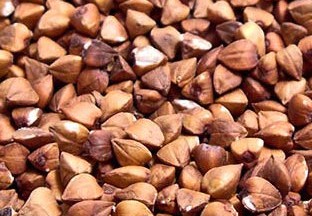
Buckwheat Groats
Buckwheat is one of the most commonly overlooked gluten free whole grain “substitutes”. I classify it as a grain “substitute” because, while most people think of buckwheat as a grain, it is actually a fruit seed. Although it’s name suggests it’s a member of the wheat family, buckwheat is not related to wheat and is completely gluten free.

Buckwheat Flower
Because the buckwheat plant is not susceptible to any major diseases or pests, it’s easy to grow, making it an inexpensive grocery item. Due to its easy to grow nature with blossoms that attract beneficial insects and pollinators, it is often used as a cover crop for weed control in sustainable agriculture.
Buckwheat is a nutrient rich superfood. It’s one of the best sources of high quality plant protein because it contains all eight essential amino acids with high concentrations of potassium, magnesium and more. It’s significant amount of B vitamins promotes healthy skin and hair while the high amounts of fiber supports gut health.
(more…)
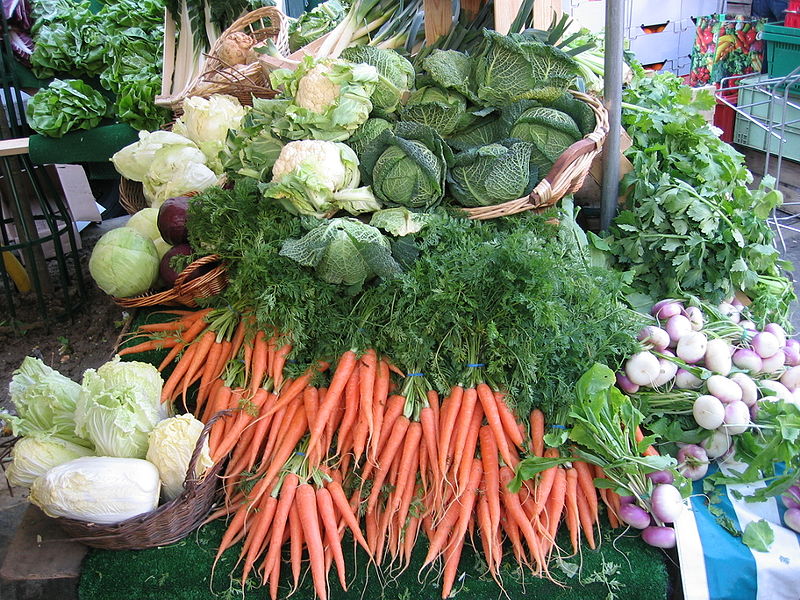
by plant4health | Jul 9, 2015 | Nutrition, Plant-based, Vegan, WFPB, Whole food, Whole food, plant-based
 The terms vegan and plant-based have been used interchangeably as a way to describe those that do not eat animal products. However, the two types of diets are very different.
The terms vegan and plant-based have been used interchangeably as a way to describe those that do not eat animal products. However, the two types of diets are very different.
Vegan: A vegan diet focuses on the exclusion of animal products (meat and dairy). Some vegans have strong feelings about animal rights and choose to eliminate all types of animal products from their lives, including clothing (wool, silk, leather) and personal hygiene (soaps, lotions, perfumes). They even avoid foods and other products that come from insects (honey, beeswax).
(more…)

 Last month, I wrote about food synergy, how healing through food is not about obtaining large amounts of any single nutrient, but how whole plant-based foods provides a complex mix of nutrients that work together synergistically within your body to create powerful health benefits we have yet to understand. My next series of blogs are going to take this concept one step further by looking at how specific food combinations enhance the nutrient potency of your meal and the bioavailability of those nutrients.
Last month, I wrote about food synergy, how healing through food is not about obtaining large amounts of any single nutrient, but how whole plant-based foods provides a complex mix of nutrients that work together synergistically within your body to create powerful health benefits we have yet to understand. My next series of blogs are going to take this concept one step further by looking at how specific food combinations enhance the nutrient potency of your meal and the bioavailability of those nutrients.






